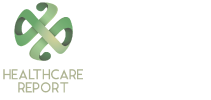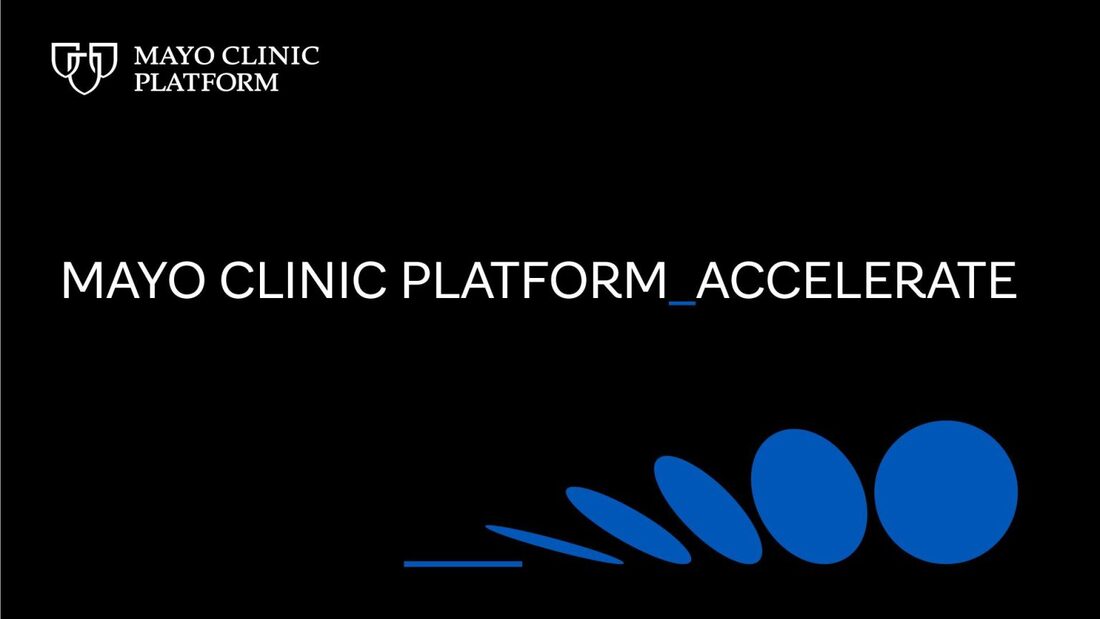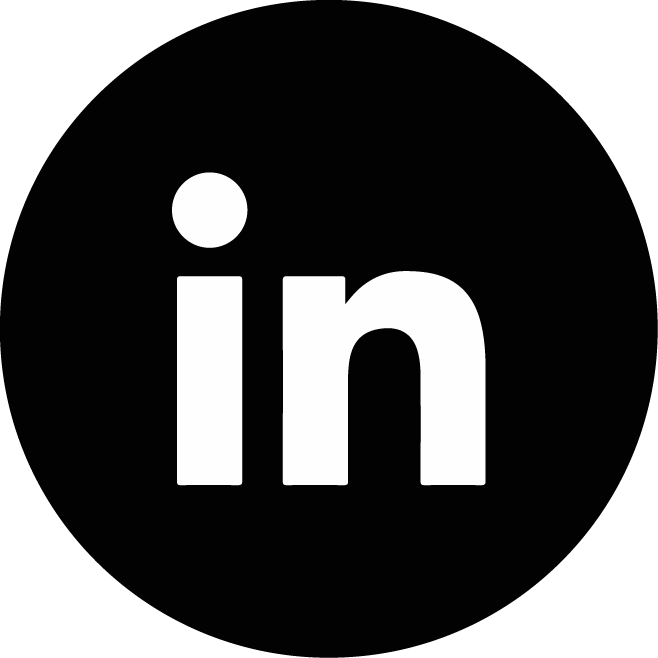|
Digital health startup AESOP Technology has raised a $2.95 million series pre-A round to address the growing medical and billing errors problem. The round was led by Taiwania Capital with participation from Colopl Next, 500 Startups, and BE Capital. Originally from Taiwan, AESOP started as a university spin-off from Taipei Medical University (TMU). Professor Yu Chuan (Jack) Li, the founder and current president of the International Medical Informatics Association, spent ten years before AESOP working on big data approaches to reduce medication errors. He initially applied the model to launch a product, RxPrime (previously known as MedGuard), that identifies wrong-drug errors. During the pandemic in 2020, Prof. Li officially established AESOP in the US with his former student, who grew to become CIO of a TMU-affiliated hospital, Dr. Jim Long, and former TMU Visiting Assistant Professor, Dr. Jeremiah Scholl. They worked together to broaden the types of errors the AI could identify and on products they could use to improve the US healthcare system. "Our solution is revolutionary and generalizable." CEO Jim Long described. "We have developed an AI model with an exceptional understanding of the association between diagnoses and structured clinical data like medications, lab results, and procedures." One of the first errors RxPrime identified was a 9-year-old girl accidentally prescribed an anti-schizophrenia drug for simple back pain. Another commonly prescribed error was Acetaminophen (pain killer), sometimes mistaken as Acetazolamide (glaucoma and altitude illness). "These mistakes might occur just because the two drugs have look-alike or sound-alike (LASA) names. It is horrible to think about, but errors like LASA happen in hospitals everywhere." Jim explained By tweaking the model developed for RxPrime, they quickly launched a second product, DxPrime, focusing on diagnosis errors. "Launching AESOP when the pandemic was outbreaking also made us think about using AI to save physicians time and reduce burnout." CPO Jeremiah Scholl said. "Instead of only flagging errors, we can also use it to clarify the proper diagnosis and remind missing ones. When diagnosing, physicians need to consider many factors simultaneously and then select the related and unique code from the 68,000-diagnosis code list. However, hospital information systems are more designed to support medical billing than clinical decision-making. "With DxPrime, we directly display all the plausible proper diagnoses to the physicians to consider, help them keep focused on what matters without wasting time searching or getting bothered later to fix it." DxPrime has achieved 100% user adoption based on extensive experience in physician-centric clinical decision support systems, and its solutions have been approved to be clinically relevant. Helping physicians efficiently select the correct diagnostic code also results in more accurate billing. AESOP claims that the first few hospitals using DxPrime have seen a 5% increase in reimbursement per inpatient and fewer denials from insurance companies. The fact that various venture capital investors from the US, Japan, and Taiwan participated in AESOP's pre-A fundraising demonstrates the importance that the international community places on the advancement of medical technology. AESOP can also connect different local resources and business relationships for international expansion by seizing this opportunity. AESOP will use the funding to secure their push into the US market and strengthen the tech team. This push follows them moving their headquarters to San Francisco, launching two apps in the Epic App Market, being accepted into the Mayo Clinic Platform_Accelerate, and publishing a paper with Harvard University last year demonstrating the portability of their model at US hospitals. Reference: PR Newswire AESOP Technology announced that they have been accepted into Mayo Clinic Platform_Accelerate, a 20-week program that helps early-stage health tech AI startups get market-ready. Participants are selected through a competitive screening process where a panel of Mayo Clinic leaders reviews them from the clinical and operational perspective, led by John Halamka, MD., President of Mayo Clinic Platform. "It's an excellent opportunity for a medical AI startup like us. Data is the fuel from which everything grows into power, and this program provides de-identified patient datasets and tools to help us validate our solutions," says Jeremiah Scholl, the CPO of AESOP Technology. "This practical experience will help us go even further in developing better products. The fact that we get to be mentored by Mayo Clinic's reputable experts is inspiring." 'AESOP', which stands for 'AI-Enhanced Safety of Prescription', is working to make physician data entry easier, faster, and less error-prone using machine learning on 3.2 billion data sets. The company has developed products capable of this. One is RxPrime which detects wrong drug errors by checking if medications match patients' diagnoses, age, and gender. Errors can happen at any stage of the medication-use process, but more than 50% of them occur during the prescribing phase. RxPrime is able to detect potential and unexplained errors in prescriptions and provide optimal recommendations, even for the look-alike-sound-alike medication errors. It offers just-in-time decision support without interfering unnecessarily with the clinical consultation process. The other is AESOP Technology's latest clinical documentation improvement tool, DxPrime, making it easier for doctors to input correct diagnoses into electronic health record systems. This task can be challenging as there are 68,000 different diagnosis codes under the International Classification of Diseases (ICD). The ICD codes were designed to support insurance and billing rather than clinical medicine. "Medical professionals are more overwhelmed with their workload after the pandemic. How AI can support them gains more importance," says Jim Long, the CEO of AESOP Technology. "AI is transforming the healthcare industry in a variety of ways, like any other industry. Healthcare has unique challenges, and this program will help us be more grounded." As a participant of the Mayo Clinic Platform_Accelerate, AESOP Technology is glad to expose themselves to real-world applications, which helps cultivate future growth in this rapidly progressing field. As part of the program, Mayo Clinic will take an equity position in the startup. Reference: HEALTHCARE REPORT ROCHESTER, Minn. — Mayo Clinic Platform_Accelerate has announced its second cohort of health tech startups, including national and international businesses. The program will help seven companies develop and validate their artificial intelligence-driven health care products or solutions and advance their business plans. The immersive, 20-week program offers participants access to Mayo Clinic experts in regulatory, clinical, technology and business domains with a focus on AI model validation and clinical readiness. Technology experts from Google and Epic also will provide workshops for the participants. "The only way we can transform health care is by bringing together clinical experts with technology innovators," says John Halamka, M.D., president of Mayo Clinic Platform, a strategic initiative to improve health care through insights and knowledge derived from data. "Our Accelerate program combines emerging companies with breakthrough ideas, leaders from Mayo's clinical practice and our unique 'data behind glass' approach to algorithm development," Dr. Halamka says, describing the secure environment that allows companies to build algorithm models they can use for innovation, but the data never leave the Mayo Clinic Platform. The program will help participants explore ways to improve health care in a variety of areas:
Chosen from a competitive process, each company receives a benefit package that offers:
As part of this in-kind investment, Mayo Clinic Platform will have an equity position in the companies. "In our first cohort, we already have seen these companies receive attention from potential investors, health care providers and others who want to support their work," says Eric Harnisch, vice president, Partner Programs, Mayo Clinic Platform. "We are excited to further these efforts with the second group of companies." The inaugural cohort of four companies recently finished the program. Applications for the third Mayo Clinic Platform_Accelerate cohort will be open soon and reviewed on a rolling basis. About Mayo Clinic Platform Founded on Mayo Clinic’s dedication to patient-centered care, Mayo Clinic Platform. enables new knowledge, new solutions and new technologies through collaborations with health technology innovators to create a healthier world. To learn more, visit Mayo Clinic Platform. About Mayo Clinic Mayo Clinic is a nonprofit organization committed to innovation in clinical practice, education and research, and providing compassion, expertise and answers to everyone who needs healing. Visit the Mayo Clinic News Network for additional Mayo Clinic news. Reference: Mayo Clinic California-based medical AI startup Aesop Technology, which has an R&D office in Taiwan, has recently unveiled its latest clinical documentation improvement tool that helps coders spot incorrectly coded diagnoses or procedures. DxPrime provides suggestions to support medical data entry. The CDI tool is based on a machine learning model that has been trained based on a data set of some 3.2 billion patient visits. According to Aesop Technology, their latest solution for medical coding harnesses AI to "efficiently compensate for traditional CDSS and NLP weaknesses to find correct or missed diagnoses". WHY IT MATTERS Now available on digital health marketplace Olive Library, DxPrime provides information on missing and wrongly coded diagnoses or procedures to easily correct patients' charts. With incorrect patient records, Aesop claims, patients could be given improper discharge instructions, thus receiving poor after-discharge care. For providers, this could lead to a wrong estimate of their patients' length of stay and wrong code insurance claims, which could ultimately result in denials and revenue losses. Aesop emphasized that errors in diagnosis input are difficult for physicians to avoid due to the gap in their knowledge of coding systems. Currently, the 10th revision of the International Statistical Classification of Diseases and Related Health Problems (ICD-10) has 14,400 diseases included in its base classification, 68,000 diagnosis codes under ICD-10-CM and 87,000 procedural codes under ICD-10-PCS. THE LARGER TREND Last month, Aesop's medication decision support tool RxPrime was launched on Olive Helps, a desktop platform for healthcare IT developers. The solution analyses inpatient data using patterns from prescriptions and flags potentially inappropriate prescriptions that do not match a patient's diagnosis. In other news, Aesop partnered with Taipei Medical University, Harvard Medical School and Brigham and Women's Hospital last year for a study that ran its machine learning model in EHR systems in the United States. It was found that the model, which provides adaptive suggestions to help doctors better complete their prescriptions, had demonstrated good international transferability. ON THE RECORD Jim Long, CEO of Aesop, said: "Physicians, CDI team, and coders have to spend a lot of time poring through medical records to find the key clinical diagnoses among the vast amount of information available. After that, they have to follow a series of inefficient steps on the computer to complete the input process, and search functionality for ICD codes often is not helpful. The whole process is complex, time-consuming, and error-prone". When using DxPrime, he claimed, doctors were able to notice incorrect code complications. "By assisting them in inputting the proper diagnoses, our partners have seen an increase in revenue of 5-10% per inpatient," Long said. Reference: MobiHealthNews Medical AI start-up Aesop Technology announced a new partnership that made their new product, DxPrime, available in the Olive Library. DxPrime provides physicians and clinical documentation improvement (CDI) teams with information about missing and wrongly coded diagnoses and procedures to correct the patient's chart in just a few clicks. It makes completing discharge summaries, prioritizing work for CDI teams, and medical coding much easier, faster, and less error-prone. If the patient record is incorrect, you cannot code correctly. Completeness, precision, and validity of medical documentation are critical for all healthcare stakeholders. Without correct patient records, patients could receive improper discharge instructions and a sub-optimal continuum of care. Providers also can struggle to estimate the length of stay and code insurance claims correctly, resulting in denials and loss of revenue. Approximately 10% of inpatient claims are denied, of which more than 85% (or about $35 billion) result in unnecessary losses. Many of these denials occur because of errors in the patient record that occur upstream from the claims process. Diagnosis input errors are difficult for physicians to avoid because the knowledge of coding systems is different from what they need to learn to provide great patient care. Modern medicine's complexity has caused 14,400 diseases to be included in ICD-10, further classified into 68,000 ICD-10-CM and 87,000 ICD-10-PCS codes. "Physicians, CDI team, and coders have to spend a lot of time poring through medical records to find the key clinical diagnoses among the vast amount of information available," said Jim Long, CEO of AESOP. "After that, they have to follow a series of inefficient steps on the computer to complete the input process, and search functionality for ICD codes often is not helpful. The whole process is complex, time-consuming, and error-prone. When the physicians input the improper diagnosis, it also has downstream implications. "When using DxPrime, we have helped physicians often notice they did not correctly code complications such as urinary tract infections and respiratory failure. By assisting them in inputting the proper diagnoses, our partners have seen an increase in revenue of 5-10% per inpatient." State-of-the-art machine learning assisted physician data entry. DxPrime provides high-quality suggestions to support physician data entry based on a machine learning model (published in the Healthcare journal) that has been run on top of data from 3.2 Billion patient visits, including vast amounts of structured information. It allows DxPrime to use items from the patient record like lab test results and medications ordered when predicting a diagnosis. This comprehensive model utilizes artificial intelligence to efficiently compensate for traditional CDSS and NLP weaknesses to find correct or missed diagnoses. Referred from: PR Newswire U.S.A., Jan. 31, 2022 - Olive, the automation company creating the Internet of Healthcare, today announced the winners of the first-ever Hack for Health contest. In partnership with Rotera, Olive held the contest to encourage developers to build Loops (think apps in an app store) that will change the way healthcare employees work by improving efficiency, reducing the scope for errors and burnout, and enhancing productivity — all to optimize the patient experience. Olive designed its Hack for Health contest to solve healthcare’s biggest problems through collaboration with the developer community. Participation is open to any individual developer, startup, health system, or enterprise technology company. Winning Loop submissions are published on Olive’s platform, giving developers full access to Olive’s growing payer-provider network. While any developer who publishes a loop on Olive’s platform receives 85% of the revenue generated from their Loop(s) once published, Hack for Health grand prize winners also receive tiered cash prizes up to $10,000, industry speaking engagement opportunities, a 60-minute pitch meeting with the Olive Ventures team, an Oculus Quest 2, YubiKey, and a 30” curved monitor. Olive also provides opportunities for its employees to develop Loops as part of an internal contest with its own set of prizes. “Olive created healthcare’s first true platform. We wanted to create an event that encouraged a wide range of developers to come build on it to grow our ecosystem of people working together to transform healthcare,” said Patrick Jones, Executive Vice President, Partnerships at Olive. “Our first-ever Hack for Health contest, in partnership with Rotera, was the perfect way to introduce developers of all sizes to Olive and create new solutions that will help change the way healthcare workers work.” Olive selected the following five Loops as the grand prize winners based on their functionality, innovation, outcome improvement, and bettering of diversity, equity, and inclusion among underrepresented healthcare workers and patients:
“Medecipher has been eager to develop on Olive’s platform, and Hack for Health provided us with a unique collaborative opportunity to do so! By leveraging Olive’s platform, we were able to quickly implement a clinician-facing decision support tool (our Loop) that provides critical operational insights from our models and algorithms,” said Stephanie Gravenor, co-Founder and CEO at Medecipher. “We’re honored to be named a winner of Olive’s first-ever Hack for Health contest with our Predictive Staffing Loop and look forward to continuing to refine our use case and leverage Olive to expand our impact.” Reference: Olive |
|
AESOP TECHNOLOGY
|
 |
© AESOP Technology 2024











